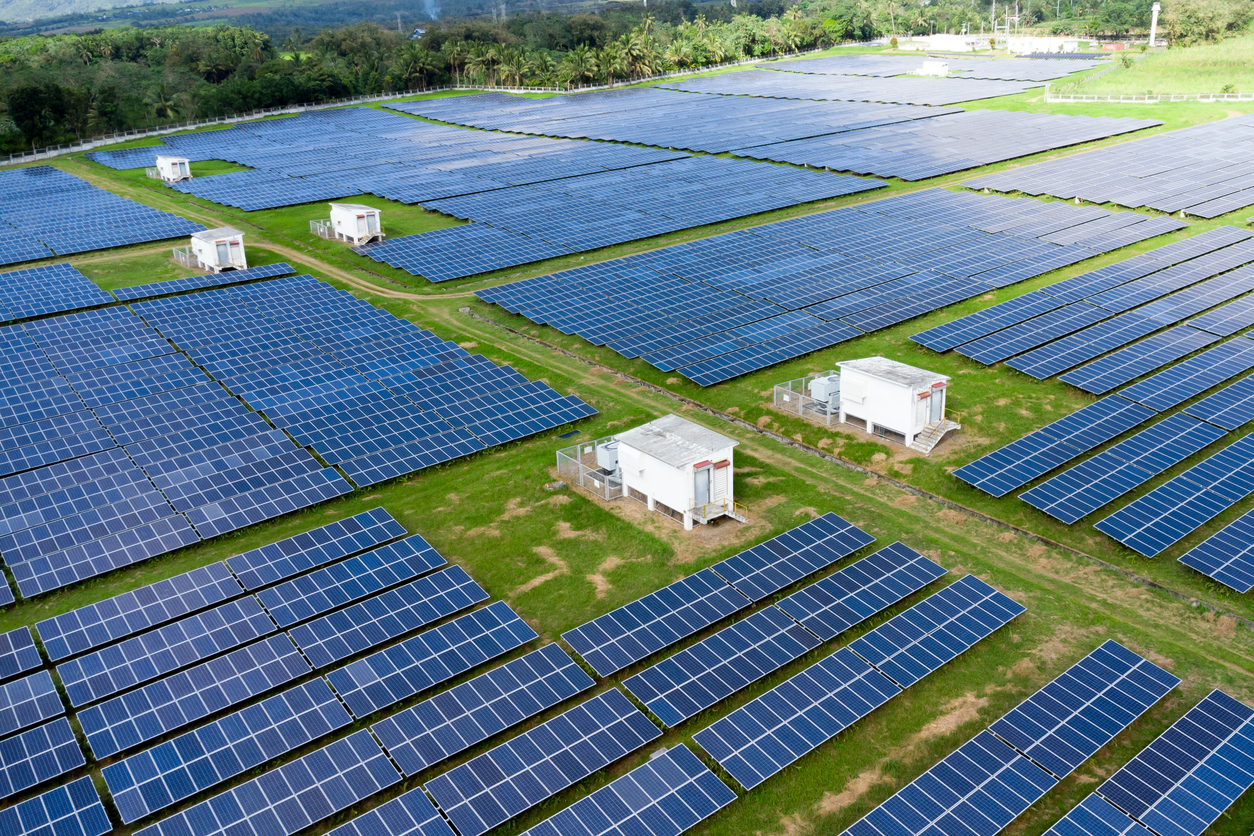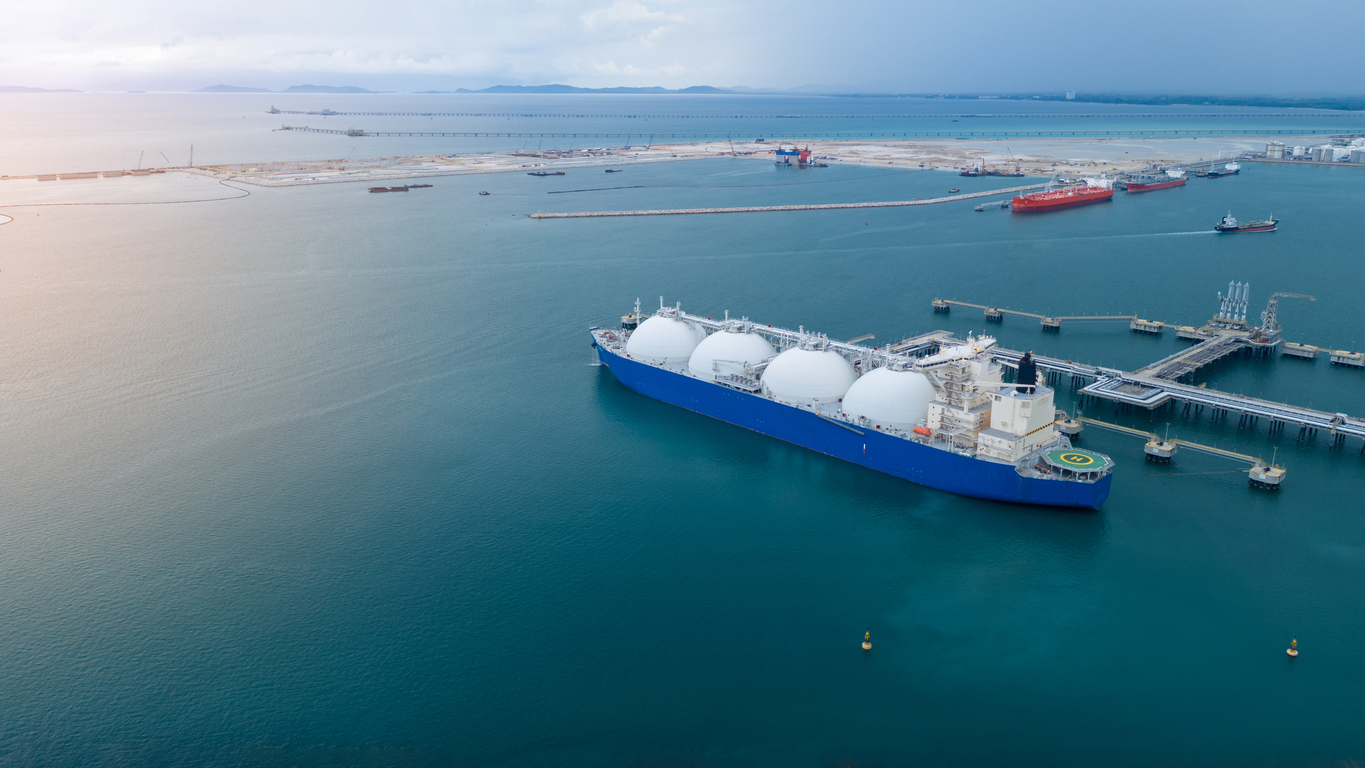How to Find a Distributor in Nigeria: A Step-by-Step Guide
Finding the right distributor in Nigeria is a critical step in successfully launching or expanding your brand in the country. A reliable distributor will help you navigate the logistics, market complexities, and regulatory requirements that come with operating in Nigeria, while ensuring your products reach the right markets and consumers.
This guide will provide you with essential steps to identify, evaluate, and partner with the right distributor in Nigeria.
1. Identify Your Distribution Needs
Before searching for a distributor, it’s important to define your specific distribution needs. Consider the following factors to ensure you choose a distributor that aligns with your business goals:
- Product Type: Are you selling fast-moving consumer goods (FMCGs), technology products, pharmaceuticals, or industrial goods? Different distributors specialize in specific sectors, so it’s important to find one that understands your product category.
- Target Market: Which regions in Nigeria are you aiming to penetrate? Major cities like Lagos, Abuja, and Port Harcourt are key hubs, but rural areas might also present opportunities.
- Distribution Scale: Do you need a national distributor to cover the entire country, or are you looking for a regional distributor for specific areas?
- Retail vs. Wholesale: Do you need a distributor that works with retailers or one that focuses on wholesale distribution? Some distributors specialize in getting products into supermarkets, while others may focus on bulk sales to smaller businesses.
2. Research Potential Distributors
Once you’ve defined your distribution needs, you can begin researching potential distributors in Nigeria. There are several ways to find reputable distributors:
A. Online Research
Start by researching distributors through online business directories and platforms:
- Nigerian Export Promotion Council (NEPC): The NEPC’s directory provides a list of reputable companies involved in trade and distribution in various sectors.
- Business Directories: Websites like VConnect, Yellow Pages Nigeria, and Nigerian Business Directory offer searchable databases of businesses across Nigeria, including distributors.
- Industry-Specific Associations: Depending on your sector, you may want to consult industry-specific associations or chambers of commerce. For example, the Pharmaceutical Society of Nigeria (PSN) or the Nigerian Association of Chambers of Commerce, Industry, Mines and Agriculture (NACCIMA) may provide useful contacts.
B. Trade Fairs and Exhibitions
Attending trade fairs in Nigeria is a great way to meet potential distributors and see firsthand how they operate. Some notable trade fairs include:
- Lagos International Trade Fair: One of the largest trade fairs in West Africa, it covers a wide range of industries.
- Nigeria International Trade Fair: This event also attracts numerous distributors and suppliers from across various sectors.
- Specialized Industry Exhibitions: Look for events that focus on your industry, such as the Agrofood Nigeria for agricultural products or the Beauty West Africa for cosmetics and personal care.
C. Partnering with Trade Consultants
Consult with local trade experts or consulting firms that specialize in connecting international brands with local partners. These firms often have insider knowledge of reliable and reputable distributors who may not have an online presence.
D. Networking Through Chambers of Commerce
International chambers of commerce, such as the Nigerian-British Chamber of Commerce (NBCC) or the American Chamber of Commerce in Nigeria (AmCham Nigeria), can help connect you with distributors. These chambers often have directories or business networking events to facilitate partnerships between foreign businesses and Nigerian companies.
3. Evaluate Potential Distributors
After identifying potential distributors, it’s essential to evaluate their capabilities to ensure they align with your brand’s needs. Here are key factors to consider when assessing distributors:
A. Industry Experience
Look for distributors with proven experience in your specific industry. They should understand your product category, market trends, and the challenges of distributing similar products in Nigeria. Request case studies or client references to see how they’ve helped other brands succeed.
B. Network and Coverage
Examine the distributor’s network. Do they have strong relationships with key retailers, wholesalers, and resellers? Do they have a presence in major cities as well as access to rural areas, if that’s relevant to your market? Distributors with an extensive network will ensure your product reaches its target customers efficiently.
C. Logistics Capabilities
Evaluate the distributor’s logistics infrastructure, including warehousing, transportation, and delivery systems. Nigeria’s infrastructure can be challenging, so a distributor with strong logistics capabilities is essential to avoid delays and ensure timely product delivery.
D. Financial Stability
A financially stable distributor is crucial to avoid issues like delayed payments, stock shortages, or inadequate marketing support. You can request financial statements or references from their other partners to gauge their stability.
E. Reputation
Check the distributor’s reputation in the market by reaching out to their existing clients or partners. You can also search for any reviews or news about their operations. A distributor with a positive track record will be a reliable partner.
4. Negotiate the Terms of the Distribution Agreement
Once you’ve selected a distributor, it’s time to negotiate the distribution agreement. Make sure the agreement covers all aspects of the partnership to avoid misunderstandings down the line. Key elements to include are:
- Territorial Rights: Define whether the distributor has exclusive rights to sell your products in a specific region or across Nigeria, or if they will share territory with other distributors.
- Pricing and Payment Terms: Clarify the pricing structure, including the wholesale price, payment terms, and conditions for price changes. Be sure to set expectations for payment timelines to ensure smooth cash flow.
- Sales Targets: Set realistic sales targets and agree on what happens if those targets aren’t met. This could involve renegotiating the agreement or terminating the partnership.
- Marketing Support: Determine the marketing responsibilities. Will the distributor handle promotions, or will they require support from your brand? Will they contribute to marketing budgets?
- Stock Management: Establish guidelines for stock management, including minimum order quantities, stock replenishment timelines, and returns policy.
- Duration and Termination Clauses: Specify the length of the distribution agreement and any conditions for renewing or terminating the contract.
5. Develop Strong Communication and Support Systems
Once you have a distributor in place, maintaining a strong working relationship is key to the success of your brand in Nigeria. Regular communication and support will help your distributor sell your products effectively.
- Provide Training: Ensure your distributor is fully trained on your products, brand values, and sales techniques. This is especially important if your product requires technical knowledge or if you’re introducing a new concept to the market.
- Offer Marketing Support: Collaborate with your distributor to develop local marketing campaigns that resonate with Nigerian consumers. Offering branded materials, social media support, and co-investing in promotions can help boost sales.
- Monitor Performance: Keep track of the distributor’s performance by reviewing sales reports and market feedback regularly. Address any challenges they face in distribution or marketing promptly to maintain strong momentum.
- Regular Site Visits: Conduct regular visits to Nigeria to meet your distributor, inspect their operations, and understand the local market firsthand. This helps foster a stronger partnership and allows you to identify any on-the-ground issues early.
Conclusion
Finding the right distributor in Nigeria is a critical step to ensure the success of your brand in this diverse and dynamic market. By conducting thorough research, evaluating potential distributors based on key criteria, and establishing clear terms of partnership, you can build a strong distribution network that will help your products reach consumers across Nigeria. Partnering with a reliable and experienced distributor, along with ongoing support and collaboration, will set your brand up for long-term success in the Nigerian market.








Comments are closed.